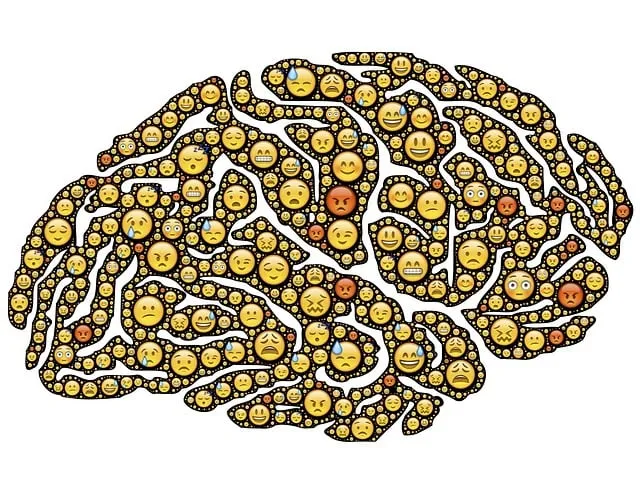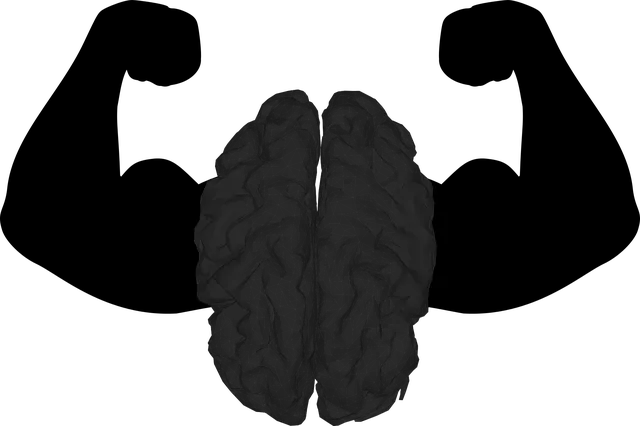Kaiser Permanente Wheat Ridge, a leading mental health facility, offers crisis intervention services prioritizing immediate and long-term resilience for individuals in severe emotional distress. Their expert team combines qualitative and quantitative methods for accurate client assessment, implementing evidence-based strategies to prevent burnout among healthcare providers. Post-crisis support focuses on holistic recovery through personalized self-care routines, trauma therapy, and community building, empowering patients to thrive in a supportive environment at their Kaiser Permanente mental health facility in Wheat Ridge.
“At Kaiser Permanente Wheat Ridge, crisis intervention plays a vital role in supporting mental well-being. This article guides mental health professionals through effective strategies for navigating crises. We explore essential tools and techniques for assessing situations, implementing immediate interventions, and fostering post-crisis support. By drawing on the expertise of Kaiser Permanente’s dedicated team, we offer a comprehensive step-by-step guide to enhance crisis management within our Wheat Ridge facility, ensuring resilience and recovery.”
- Understanding Crisis Intervention: A Vital Role for Kaiser Permanente Wheat Ridge
- Assessing the Situation: Tools and Techniques for Mental Health Professionals
- Implementing Effective Strategies: A Step-by-Step Guide
- Post-Crisis Support and Recovery: Nurturing Resilience at Kaiser Permanente
Understanding Crisis Intervention: A Vital Role for Kaiser Permanente Wheat Ridge

At Kaiser Permanente Wheat Ridge, a leading mental health facility, crisis intervention plays a vital role in supporting individuals facing severe emotional distress or mental health crises. With an increasing demand for these services and the challenges faced by healthcare providers, including burnout prevention strategies, Kaiser Permanente Wheat Ridge has positioned itself as a beacon of hope and stability. Their team of experts is committed to providing effective interventions that not only address immediate needs but also foster long-term resilience.
In light of this commitment, the facility places significant emphasis on Healthcare Provider Cultural Competency Training and Self-Awareness Exercises. These initiatives ensure that staff are equipped with the knowledge and skills to respond sensitively to diverse populations during crises. By integrating these strategies into their workflow, Kaiser Permanente Wheat Ridge aims to deliver comprehensive care while promoting the well-being of healthcare providers, thereby enhancing overall service quality for all patients.
Assessing the Situation: Tools and Techniques for Mental Health Professionals

Mental health professionals at Kaiser Permanente Wheat Ridge play a vital role in crisis intervention, requiring a swift and strategic assessment to understand the client’s situation. Tools such as structured interviews and validated risk assessment scales are essential for accurately gauging the intensity of distress, potential harm to self or others, and the presence of underlying mental health conditions. These assessments not only guide immediate interventions but also help formulate tailored treatment plans.
Effective crisis intervention starts with a thorough evaluation using both qualitative and quantitative methods. Communication strategies, including active listening and open-ended questioning, facilitate clients’ expression of their experiences and emotions. By integrating these techniques with clinical expertise, mental health professionals at Kaiser Permanente Wheat Ridge can efficiently navigate crises, implement evidence-based Burnout Prevention Strategies for Healthcare Providers, and foster positive outcomes in challenging situations.
Implementing Effective Strategies: A Step-by-Step Guide

Implementing effective crisis intervention strategies requires a structured approach, especially within a setting like a Kaiser Permanente mental health facility in Wheat Ridge. Here’s a step-by-step guide to ensure success:
1. Assess the Situation: The first step is to calmly and meticulously evaluate the crisis scenario. This involves understanding the individual’s immediate needs, the nature of their distress, and any potential triggers. At a Kaiser Permanente facility, trained staff can quickly determine whether the situation requires urgent medical attention or specialized mental health care.
2. Create a Safe Space: Establishing a safe and supportive environment is crucial for effective intervention. This could mean leading the individual to a quiet, private area within the Wheat Ridge facility or even just sitting alongside them in a comfortable setting. The goal is to make them feel secure enough to open up about their experiences and emotions, fostering an atmosphere of trust that facilitates Anxiety Relief through conversation and de-escalation techniques.
3. Active Listening: Encourage the individual to express themselves without interruption. Actively listen to their concerns, validating their feelings and emotions. This approach, a cornerstone of Crisis Intervention Guidance, shows empathy and helps build rapport, which is essential for successful mental health education programs design.
4. Provide Supportive Resources: Depending on the situation, offer appropriate resources tailored to the individual’s needs. This could include connecting them with counselors, providing information about Mental Health Education Programs available at Kaiser Permanente Wheat Ridge, or offering emergency contact numbers for future crises.
Post-Crisis Support and Recovery: Nurturing Resilience at Kaiser Permanente

After an initial crisis intervention, providing ongoing support and fostering recovery is paramount to nurturing resilience among individuals at Kaiser Permanente’s Wheat Ridge mental health facility. This involves a multifaceted approach that extends beyond traditional therapy sessions. The mental health professionals at Kaiser Permanente recognize that recovery is a holistic process, influenced by various aspects of daily life, including self-care practices and social connections. Therefore, they encourage the development of a personalized self-care routine for better mental health, integrating activities such as mindfulness exercises, regular physical activity, and healthy sleep habits.
Incorporating trauma support services tailored to individual needs is another critical component of their recovery model. This might include group therapy sessions focused on trauma recovery, where individuals can share experiences, build resilience through collective support, and develop positive coping mechanisms. Additionally, fostering a sense of community within the facility encourages social engagement and positive interactions, which are essential for maintaining mental well-being. By combining these strategies, Kaiser Permanente aims to empower individuals not just to cope with crises but also to thrive and cultivate a deeper sense of positive thinking.
Kaiser Permanente’s mental health facility in Wheat Ridge plays a pivotal role in crisis intervention, offering specialized support and fostering resilience. By understanding the nuances of crisis situations, assessing them accurately, and implementing effective strategies outlined in this guide, professionals at Kaiser Permanente can make a tangible difference. Post-crisis care is equally crucial, ensuring individuals have the resources needed for long-term recovery. This comprehensive approach, tailored to the unique needs of each patient, underscores Kaiser Permanente Wheat Ridge’s commitment to exceptional mental health care.






